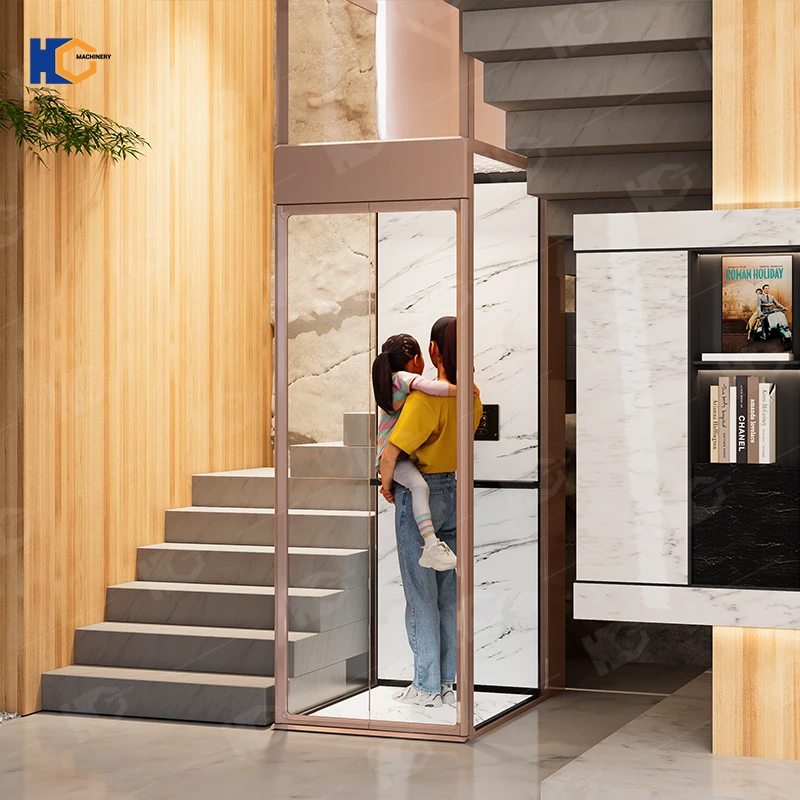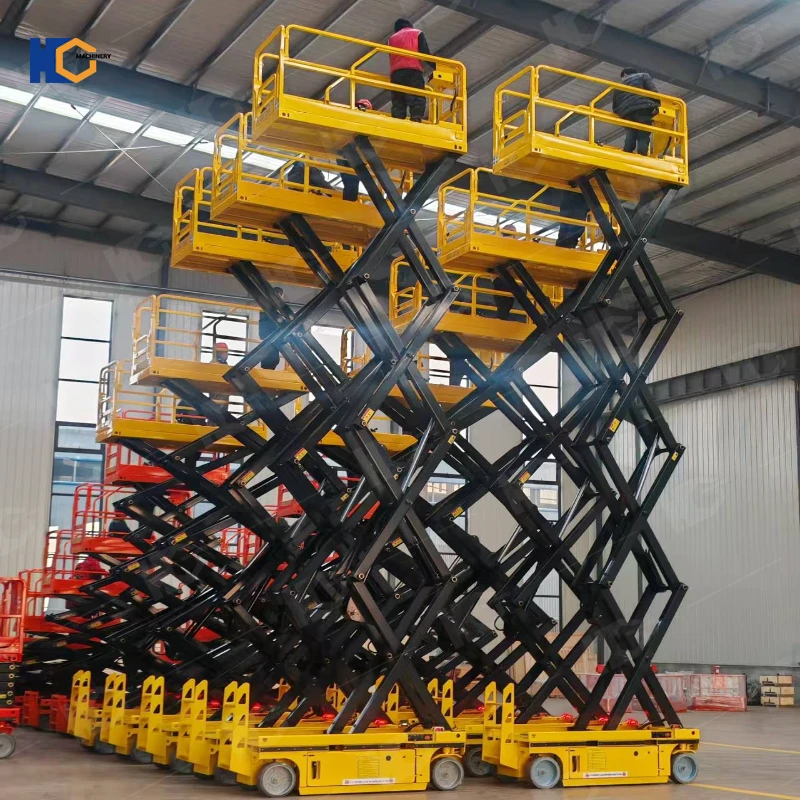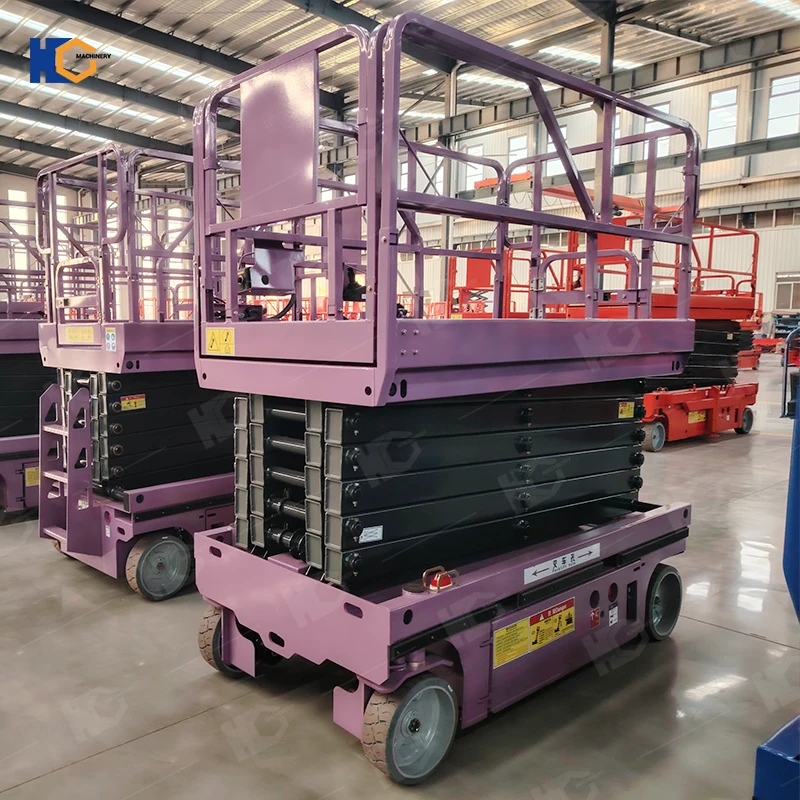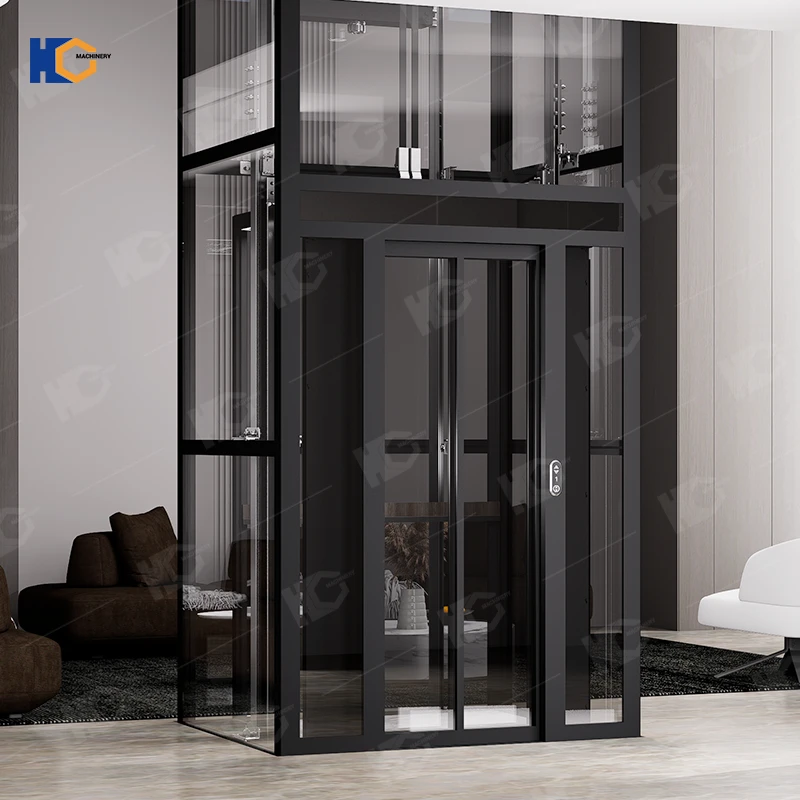Adding an elevator to a building can increase accessibility, convenience, and value, making it a worthwhile investment for both residential and commercial properties. However, the cost of an elevator can vary significantly based on several factors, including the number of floors, type of elevator, technical specifications, installation requirements, and maintenance needs. In this guide, we’ll explore the costs associated with installing an elevator in buildings with different numbers of stories (2, 3, 4, 5, and 6), provide specification tables, and offer expert advice on selecting the right elevator to suit your needs and budget.
772397.webp)
How Much Does a Traction Home Elevator Cost?
Traction elevators use a motor, steel ropes, and a counterweight. They are the most popular choice for modern home elevators, especially glass sightseeing elevators.
They are:
Energy efficient
Smooth and quiet
Suitable for 2–6 floors
Ideal for villas and duplex homes
Traction Home Elevator Cost by Building Height
For a 2-Story Building
The price of a traction home elevator is about:
USD 7,500 – USD 14,000
This is the entry level for traction systems. Most 2-story homes choose compact, machine-room-less models.
For a 3-Story Building
The price of a traction home elevator is about:
USD 8,000 – USD 15,500
Costs increase slightly due to longer rails and higher travel height, but this is still a very cost-effective range.
For a 4-Story Building
The price of a traction home elevator is about:
USD 8,600 – USD 16,800
At four floors, traction elevators start to show their real advantage: smoother travel and better long-term efficiency.
For a 5-Story Building
The price of a traction home elevator is about:
USD 9,500 – USD 17,900
Five floors is where traction elevators clearly outperform hydraulic systems in speed and energy use.
For a 6-Story Building
The price of a traction home elevator is about:
USD 10,900 – USD 18,600
At this height, traction elevators are usually the recommended solution for residential buildings.
Why Traction Elevator Costs Increase with Floors
The price does not jump suddenly. It rises steadily because:
Steel structure length increases
Control system needs higher precision
Safety components scale with travel height
Think of it as paying for physics, not branding.
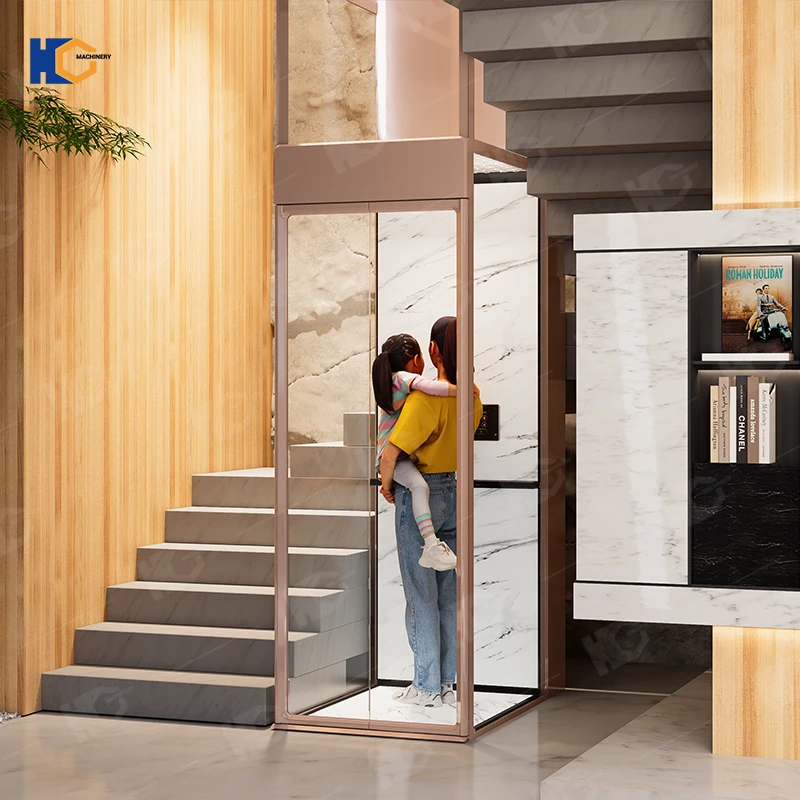
How Much Does a Hydraulic Home Elevator Cost?
Hydraulic elevators use an oil-powered cylinder to lift the cabin. They are known for:
Simple structure
Lower initial cost at low heights
Strong lifting force
However, they usually:
Consume more energy
Move slower
Require more space
Hydraulic Home Elevator Cost by Building Height
2-Story Hydraulic Home Elevator
The hydraulic elevator cost is about:
USD 3,800 – USD 9,700
This is where hydraulic elevators shine. For very low buildings, they can be extremely affordable.
3-Story Hydraulic Home Elevator
The hydraulic elevator cost is about:
USD 4,600 – USD 11,300
Still competitive, especially if installation space allows a hydraulic system.
4-Story Hydraulic Home Elevator
The hydraulic elevator cost is about:
USD 5,500 – USD 12,400
At four floors, costs rise more noticeably than traction elevators due to larger hydraulic components.
5-Story Hydraulic Home Elevator
The hydraulic elevator cost is about:
USD 7,500 – USD 14,500
At this point, many buyers begin comparing traction options seriously.
6-Story Hydraulic Home Elevator
The hydraulic elevator cost is about:
USD 8,500 – USD 16,500
Hydraulic elevators can reach six floors, but they are often no longer the most efficient choice.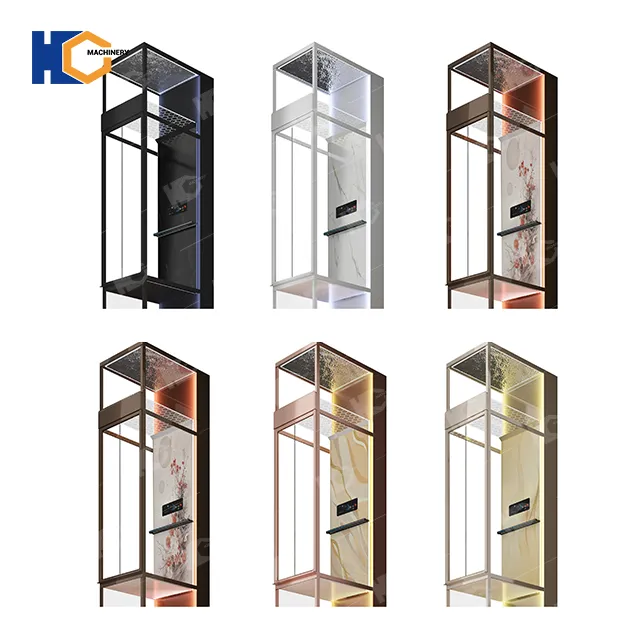
Traction vs Hydraulic: Cost Comparison Made Simple
Here’s the easy way to think about it:
2–3 floors
Hydraulic elevators are cheaper upfront.4 floors
Costs start to overlap. Decision depends on space and usage.5–6 floors
Traction elevators usually offer better value long-term.
Hydraulic systems are like pickup trucks: powerful, simple, but thirsty.
Traction systems are like electric cars: efficient, smooth, and smarter over time.
What’s Included in These Elevator Prices?
Typically, these price ranges include:
Elevator cabin
Drive system
Control system
Standard safety devices
Basic installation guidance
They usually do not include:
Civil construction work
Shaft building
Special custom finishes
Long-distance overseas installation labor
Always confirm scope before comparing prices.
Why Some Elevator Quotes Look Much Cheaper
If you see prices far below these ranges, be cautious. Ultra-low prices often mean:
No certification
Low-quality components
Limited safety systems
Short service life
Elevators are not the place to gamble. Gravity always wins.
How to Choose the Right Elevator for Your Building
A simple decision guide:
Small home, 2–3 floors, tight budget
→ Hydraulic home elevatorModern villa, glass design, 3–6 floors
→ Traction home elevatorLong-term daily use
→ Traction systemOccasional use, minimal height
→ Hydraulic system
Final Thoughts: What Does an Elevator Really Cost?
An elevator is not just a machine. It’s:
Daily convenience
Accessibility for aging family members
Property value enhancement
Long-term safety investment
When comparing prices, always compare floor count + drive system + lifespan, not just the lowest number on a quote.
The right elevator is the one that fits your building today—and still makes sense ten years from now.
Conclusion
The cost of installing an elevator for a 2 to 6-story building varies widely, with prices ranging from around factory price $3800 - $18600 , Market price $20,000 to over $100,000 depending on the type, specifications, and customizations chosen. Down the line, it’s essential to weigh initial costs against long-term maintenance and operating costs to make the best decision.
In general:
2-3 Story Buildings: Hydraulic or pneumatic elevators are cost-effective and functional.
4-5 Story Buildings: Traction elevators provide efficiency and durability.
6 Story Buildings: Gearless traction elevators are optimal for smooth, high-performance functionality.
An elevator is a significant investment that adds value, safety, and convenience to a property. By considering the factors outlined above, you can choose an elevator that suits your needs, budget, and building requirements. If you want to know more about the price of a commercial elevator, you can read our article How Much Does a Commercial Elevator Cost in 2025? We hope it will help you make a decision.
As one of China's leading manufacturers of small elevators, JNHC Lift offers a range of cost-effective elevator solutions designed for 2, 3, 4, 5, and 6-story buildings. With our own factory, we ensure high-quality production and competitive pricing, making our elevators an excellent choice for both residential and commercial projects. Contact us for inquiries and pricing details tailored to your building needs.
